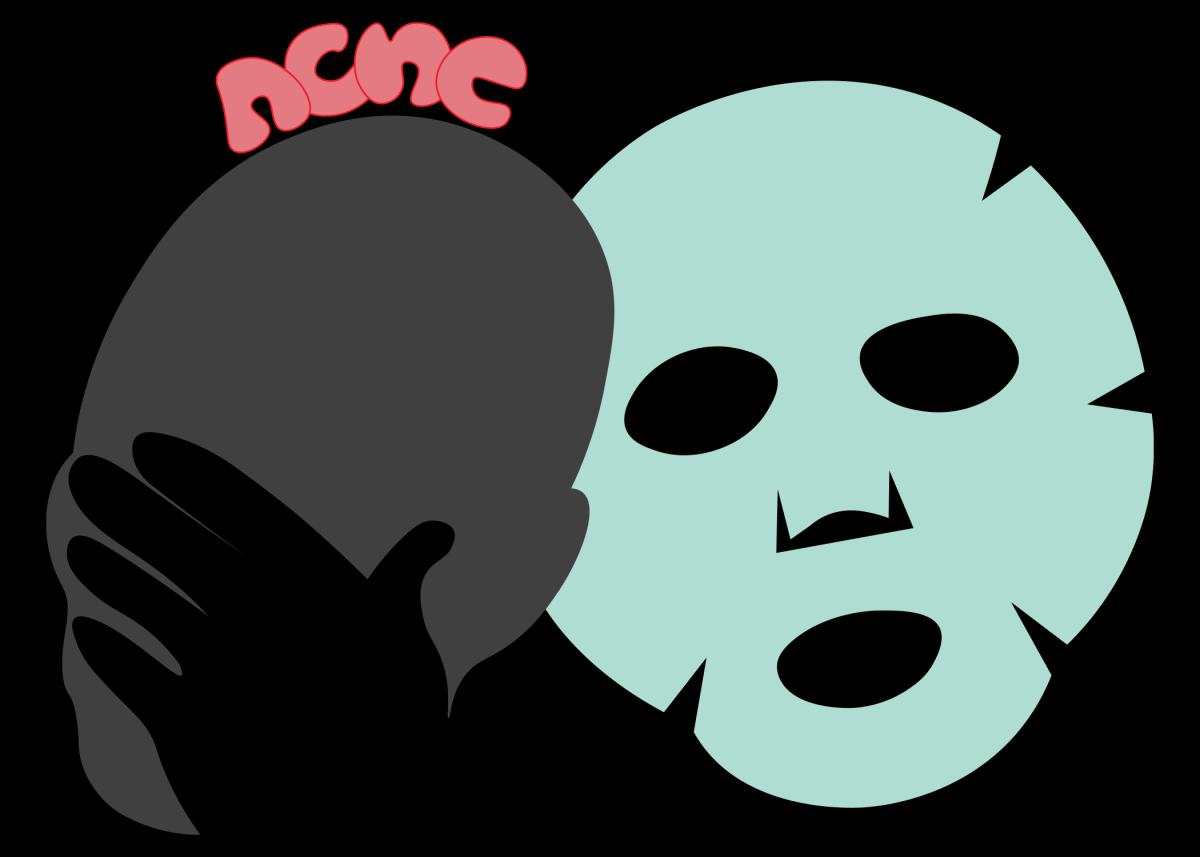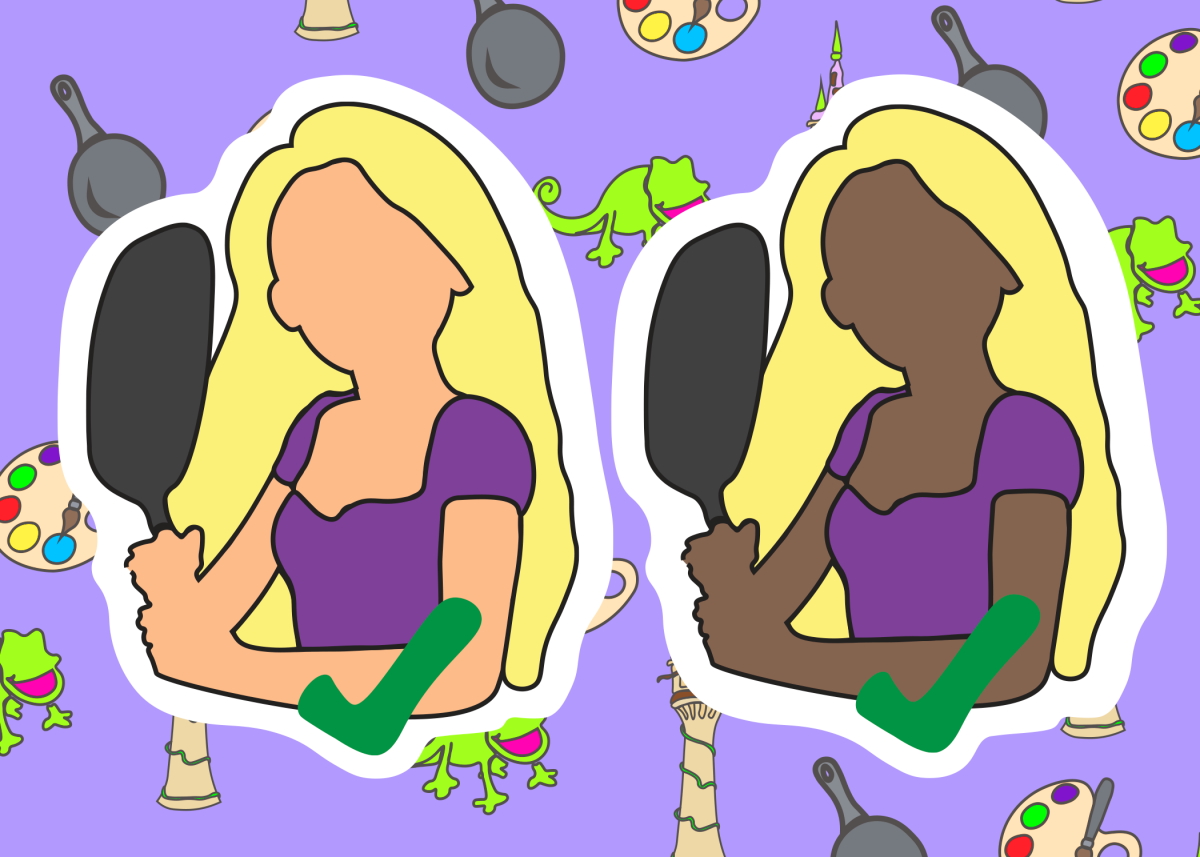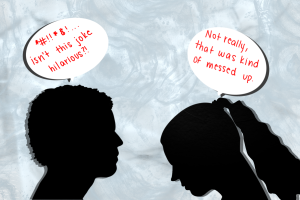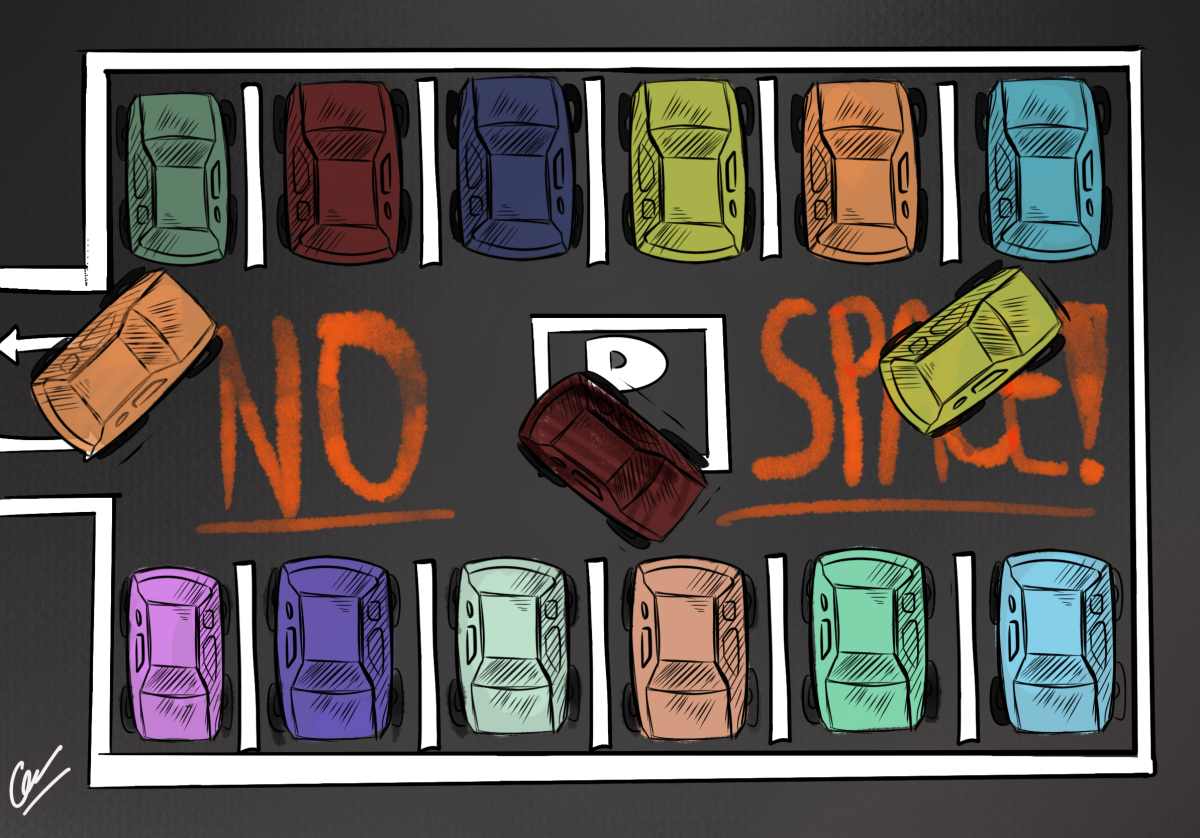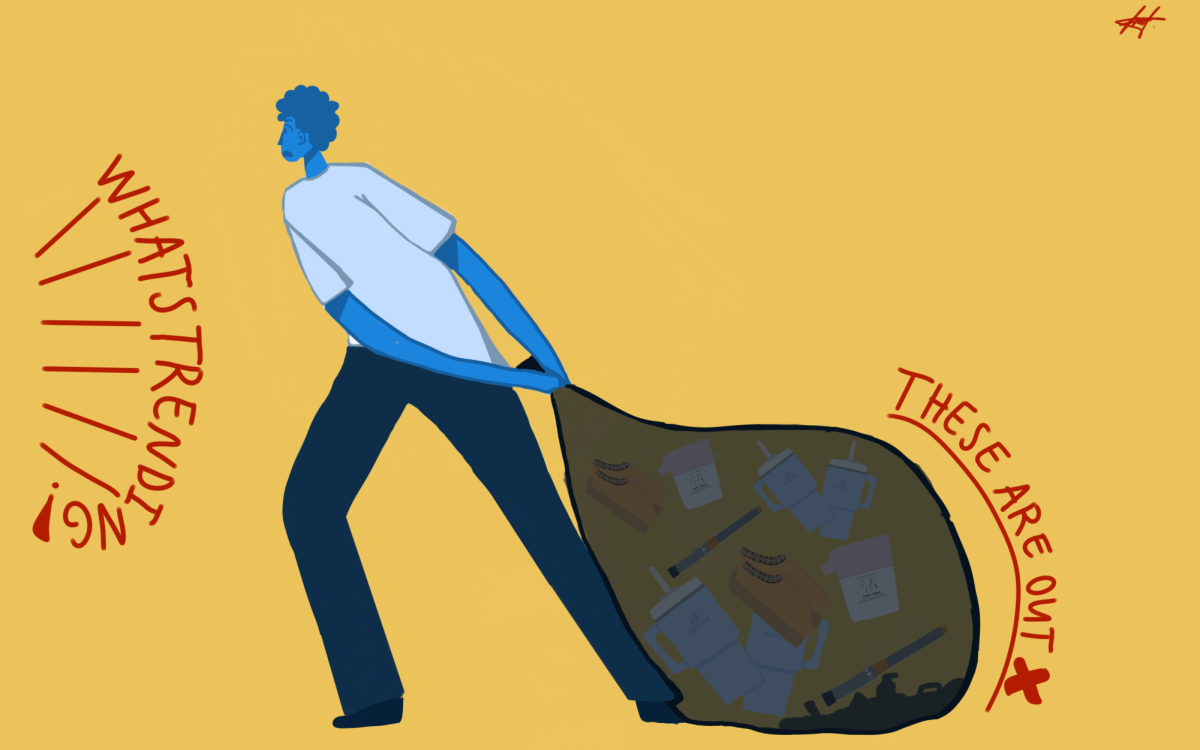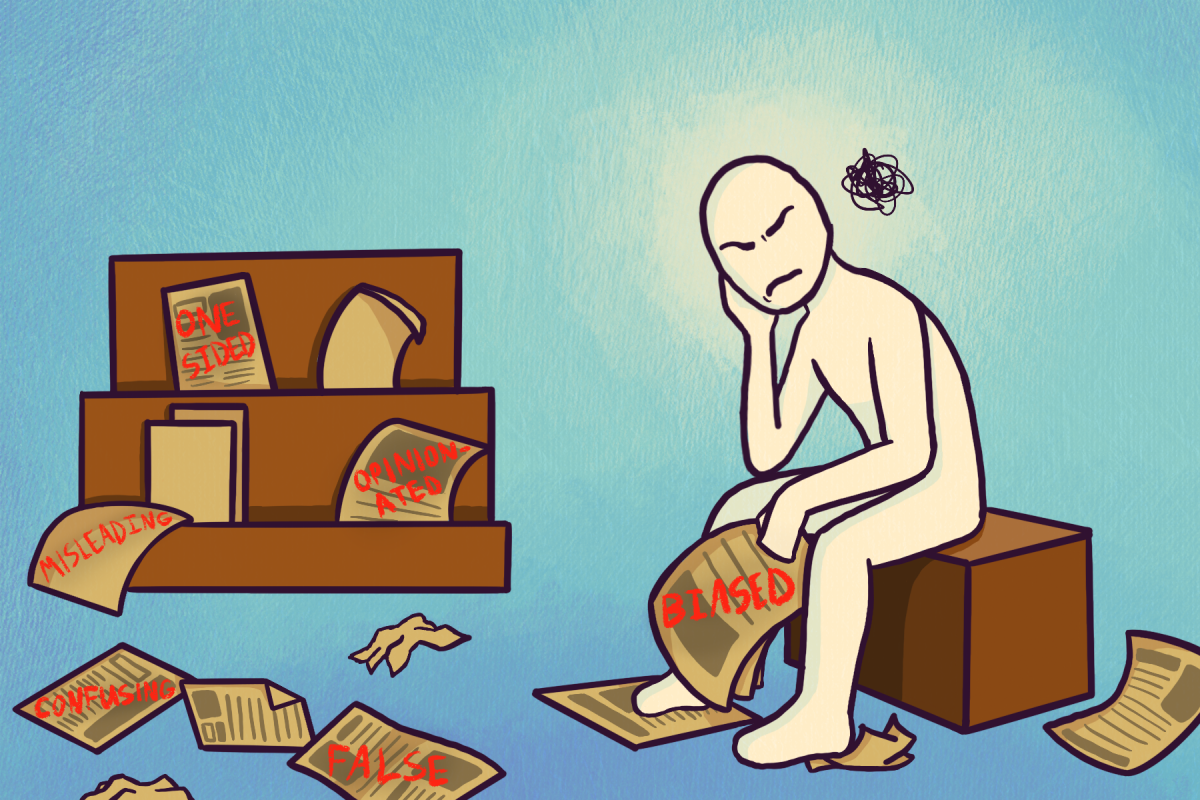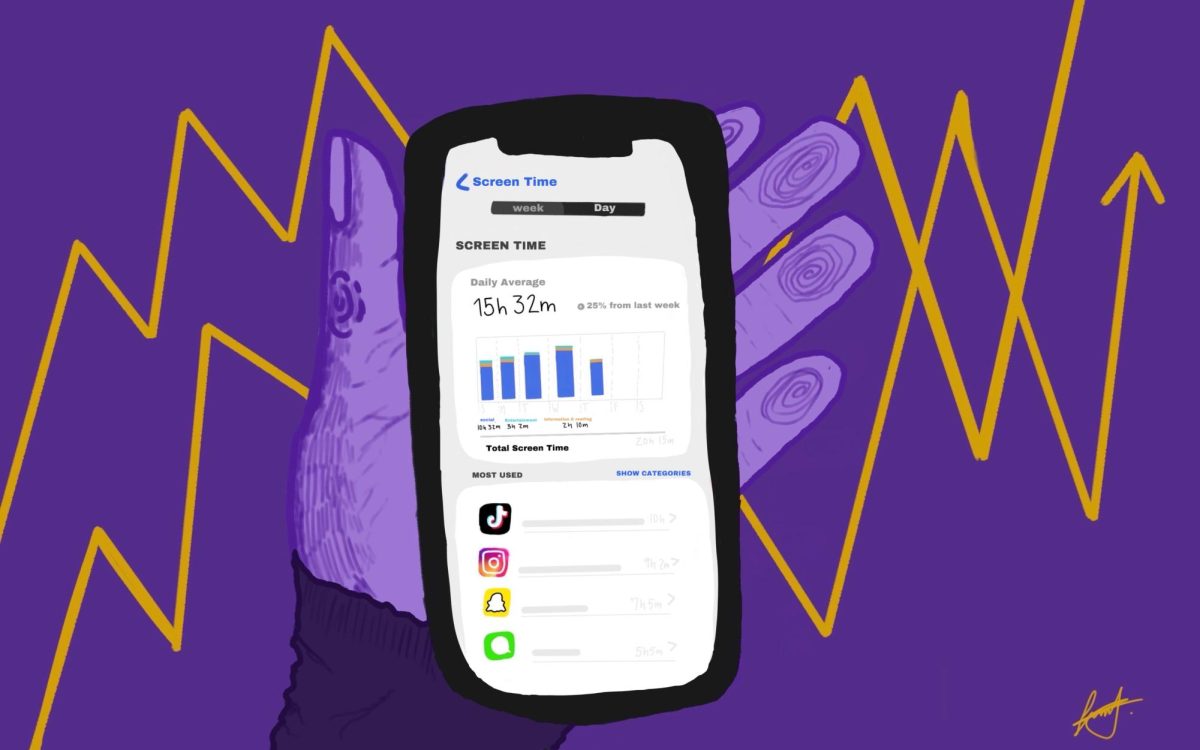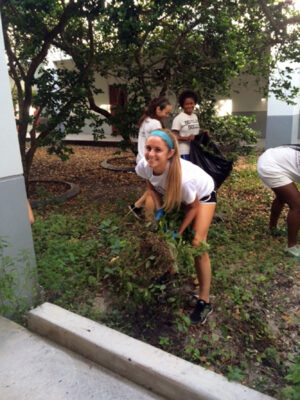
Listen, I could sit here all day insisting that you become a better person. At this point I think we all have the script down to a science: infidelity is wrong says the spouses; plagiarism is wrong says the teachers; eating fatty foods is wrong says Michelle Obama. We are all, in some way, brought up to learn a similar code of ethics by the use of propaganda in different mediums. At times I wonder: if the concept of morality is drilled into many of us at a young age, then why do we ignore those who need our help? My theory is this: we all know how to be a good person, some of us just have not been convinced as to why we should be a good person.
This being said, I’ve decided to take a rather unorthodox approach in convincing you all to lend a hand in your community. I’ll be throwing religion and moral integrity out the window for this one, because in my opinion, the most effective way to convince a person to do anything is by specifying that it can, in some way, benefit them as well. This my friends is how lending your hand can, in fact, help you.
For starters, volunteering or donating can keep you well educated in issues regarding social injustice. Personally I genuinely have a thirst for learning, and like many, I prefer obtaining knowledge through experience and observation rather than the not stimulating textbook skimming and power-point presentations. This being said, when volunteering at my first non-profit event, helping under-privileged teenagers pick out new clothing for job interviews, I left feeling so frustrated with my own ignorance. Everything I thought I knew about equality and economic opportunity was embarrassingly naive, and listening to the symptoms of poverty proved to be incredibly thought-provoking.
In addition, our own school has set up an incentive system to make us better people: those monstrous service hours we all know and hate. Not only do those pests look good on college applications, but they can also land you a cute little chord at graduation. In other words, a little pat on the back for being such “stellar citizens of the community.” Ha-ha. So if you leave here with anything, please note that volunteering for non-profits can literally be the difference of walking at graduation, if having met all other requirements.
Helping with non-profits are also helpful for those who do not have a clue what they want to do with their lives. Volunteering may reveal some undiscovered interests; or even provide practice in a field you plan to pursue. Whether your interests consist of working with children, sports, fashion, or the arts, there are non-profits that can move you in the right direction. Not only that, but volunteering means working with people that share similar intentions. It is worth the possibility of making a lifelong friend or just a probable business connection you might need down the road.
Let me be clear, the deed of giving can offer incredible intrinsic rewards. For instance, according to Harvard research, self-help gurus and community organizations have endorsed the notion that helping others has mood benefits; it appears to genuinely make the givers happier. However, I’ve decided to target the extrinsic values because tangible results are, in my opinion, the most effective incentives. According to Stanford’s Social Innovation Review, High-impact nonprofits have learned that appealing to self-interest is far more effective than appealing to pure altruism. In other words, the most efficient way to entice citizens into the world of charity is to essentially prove what’s in it for them, as sad as that is.
I think people sometimes forget that doing nothing reveals a weakness; it means succumbing to what is easy. Many people spend time deciphering how they can leave their own unique mark on the world. I honestly think the best way to make an impact is by leaving your mark on other human beings. So ultimately my point is this: get up and do something. Editorial by Julia Corin





